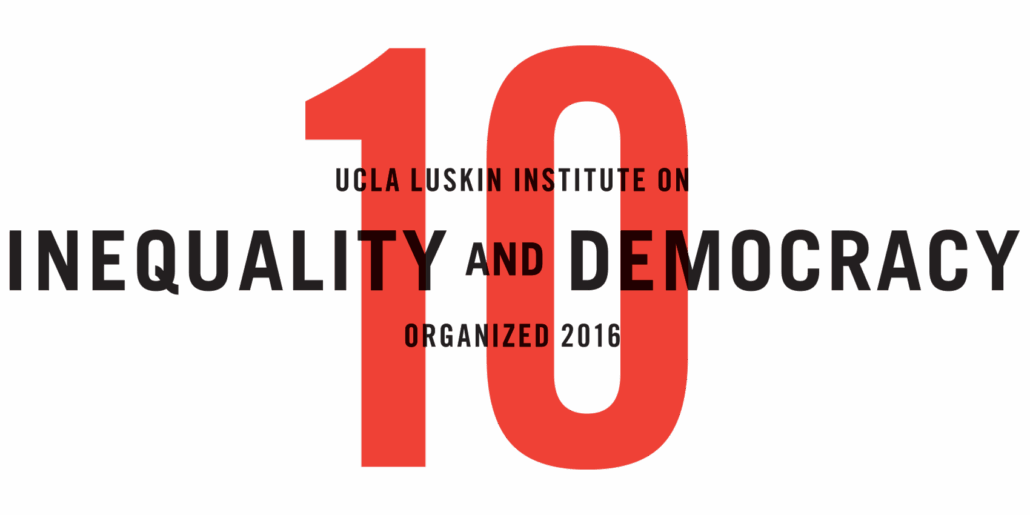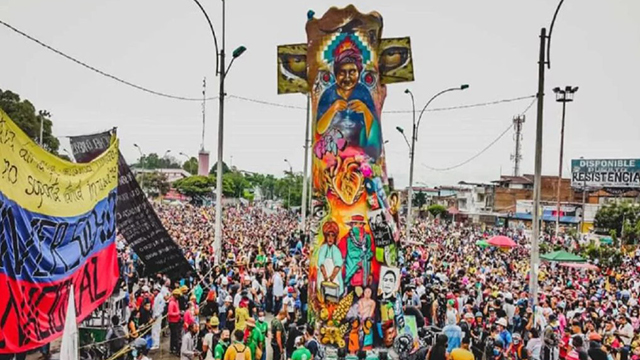Mass demonstration in the marginalized neighborhood of Puerto Rellena, renamed Puerto Resistencia, during the popular uprising of 2021 in Cali, Colombia. Image credit: Pachito Galbana
The Urban Poor as a Political Actor: Urban Restructuring, Precarious Labor, and the Politics of Marginalized Neighborhoods in Colombia
César Bowley Castillo, Sociology, UCLA
Ideas and Organizing Doctoral Awardee 2023-24
Between April 28 and August 7, 2021, Colombia was shaken by the largest and most disruptive popular mobilization in its recent history. As the country struggled with the COVID-19 pandemic, a coalition of trade unions called for a day of mobilizations against a series of regressive reforms proposed by then-president, Ivan Duque. Yet when the day of protest arrived, what emerged was a full-blown uprising that lasted nearly three months and revolved around militant protests and road blockades in or near marginalized neighborhoods demanding access to jobs, public education, and dignified housing for the urban poor.
The literature on similar urban rebellions, such as the Egyptian revolution of 2011 and the Chilean uprising of 2019-2020, shows that they are often led by downwardly mobile layers of the middle class and that protesters typically concentrate in and occupy main city centers and squares. The Colombian uprising of 2021, however, stands out because of the centrality of seemingly unorganized poor and working-class neighborhoods and their residents. Yet the participation of the urban poor varied significantly between urban centers. In the city of Cali, the undisputed epicenter, urban poor demonstrators shut down the circulation of traffic and commodities through some twenty-five blockades of strategic highways and intersections located in or near marginalized neighborhoods. In Medellín, a city of similar size and economic significance, marginalized neighborhoods remained largely demobilized and protesters managed to set up only one permanent demonstration point in a park.
César Bowley Castillo studies the political development of marginalized neighborhoods in Cali and Medellín during the 2000-2022 period to explain these contrasting outcomes. Drawing on interviews and archival data, this project explores the ways in which urban restructuring, labor precarization and the dynamics of clientelism and rural-urban migration are producing different political subjectivities among the urban poor in Cali and Medellín.




